 A new dawn of learning and talent development is upon us. Gone are the days of sniggering at ineffectual HR managers. Talent developers (when they have the resources) can make real, lasting and positive impacts on their organisations.
A new dawn of learning and talent development is upon us. Gone are the days of sniggering at ineffectual HR managers. Talent developers (when they have the resources) can make real, lasting and positive impacts on their organisations.
According to LinkedIn’s Learning’s 2019 Report, finally the old roadblocks that plagued these professionals before are being broken down, adequate resources and support are now being provided in order to power fruitful learning programmes. In fact, executives now expect talent developers to play a strategic role in not just attracting and retaining talent, but also ensuring the workforce have the right skills for the present and the future.
The title of the report says it all, “Why 2019 is the breakout year for the talent developer”. The report investigates how learning and development (L&D) professionals are able to tap into the potential of their staff, close skill gaps and drive deeper engagement with greater resources. Over 3000 talent developers and workplace learners across the globe were surveyed.
Here are the top 4 insights from the report
- The road is being cleared: After years of struggling to get adequate funding and executive buy-in to power learning programmes, L&D are finally receiving the budget and support needed to make a meaningful impact. Results of the survey showed that only 27% of L&D professionals listed “limited budget” as a top challenge in 2019, compared to 49% in 2017.
More good news, the time has never been more ripe for talent developers to ask for support from EXCO, results of the report show that executive support is increasing. A whopping 82% of L&D professionals reported that their leadership actively supports learning programmes. - Closing the gap: The issue of skills gaps has become even more vital as the shelf life of certain skills decreases. Identifying, monitoring, assessing and most importantly, closing skills gaps have become talent developers chief concern.
- What employees want: In a world where none of us have any time, it turns out what we really want is a self-directed learning experience. According to the report, over 40% of Gen Z and Millennial learners and 33% of Gen X and Boomer learners long for opportunities to create their own goals and choose their own learning content that will help them achieve those goals.
There is most likely a link between this discovery and the fact that many L&D professionals are leaning more towards online learning (59% of those surveyed are spending more of their budgets on online education now compared to 3 years ago). Online learning means that employees have to take responsibility for their own learning journey, they choose what they want to learn and when to learn it. - Elevate engagement: Marketing is the way to drive learner engagement. While the L&D professionals surveyed said that they only spend 15% of their time promoting their programmes to employees, marketing campaigns will make an impact in improving learner engagement. The 2019 Workplace Learning Report examines the most effective learner engagement tactics and which remain opportunity areas. Results show that emails successfully reach learners, but using managers as ambassadors provides a massive opportunity to amplify engagement.
Access the full report here.
All of this is good news; silos are being knocked down, roadblocks cleared and real support given. Now, many organisations have the opportunity to take their success even further, with thanks to the talent developer/manager. Our People Management online short course will teach you or your people to tap into the true potential of your workforce. Learn how to attract, nurture and retain top talent that will ultimately result in sustainable, far-reaching successful teams.



 A new dawn of learning and talent development is upon us. Gone are the days of sniggering at ineffectual HR managers. Talent developers (when they have the resources) can make real, lasting and positive impacts on their organisations.
A new dawn of learning and talent development is upon us. Gone are the days of sniggering at ineffectual HR managers. Talent developers (when they have the resources) can make real, lasting and positive impacts on their organisations.